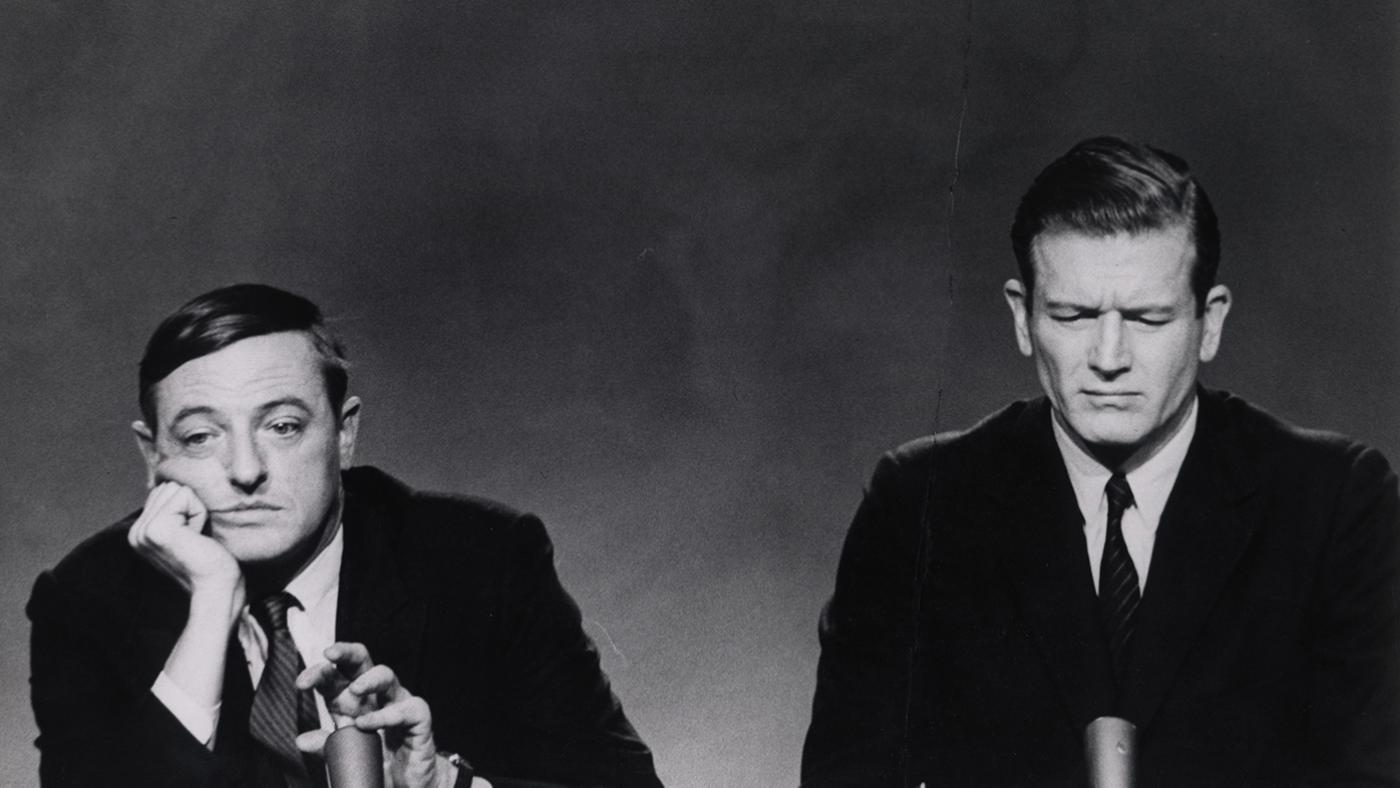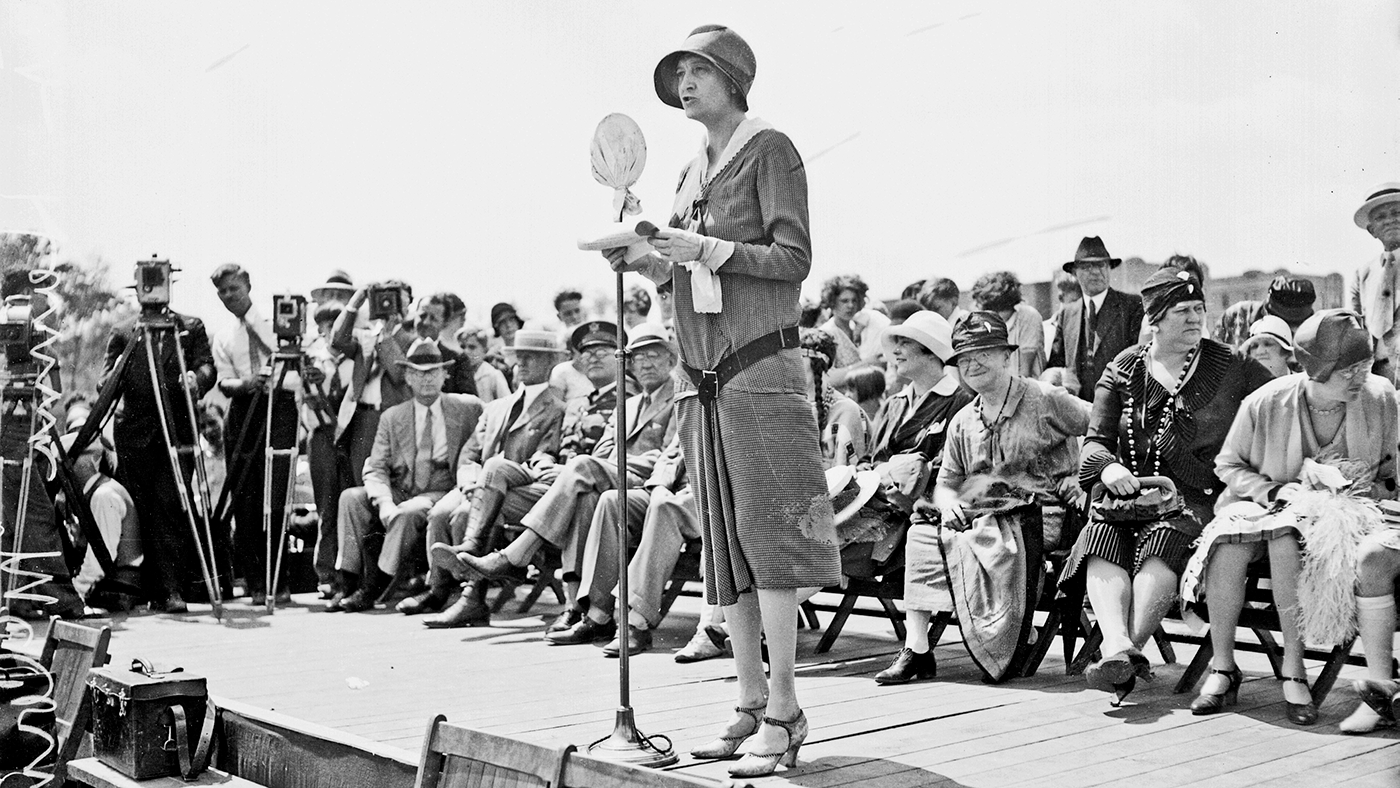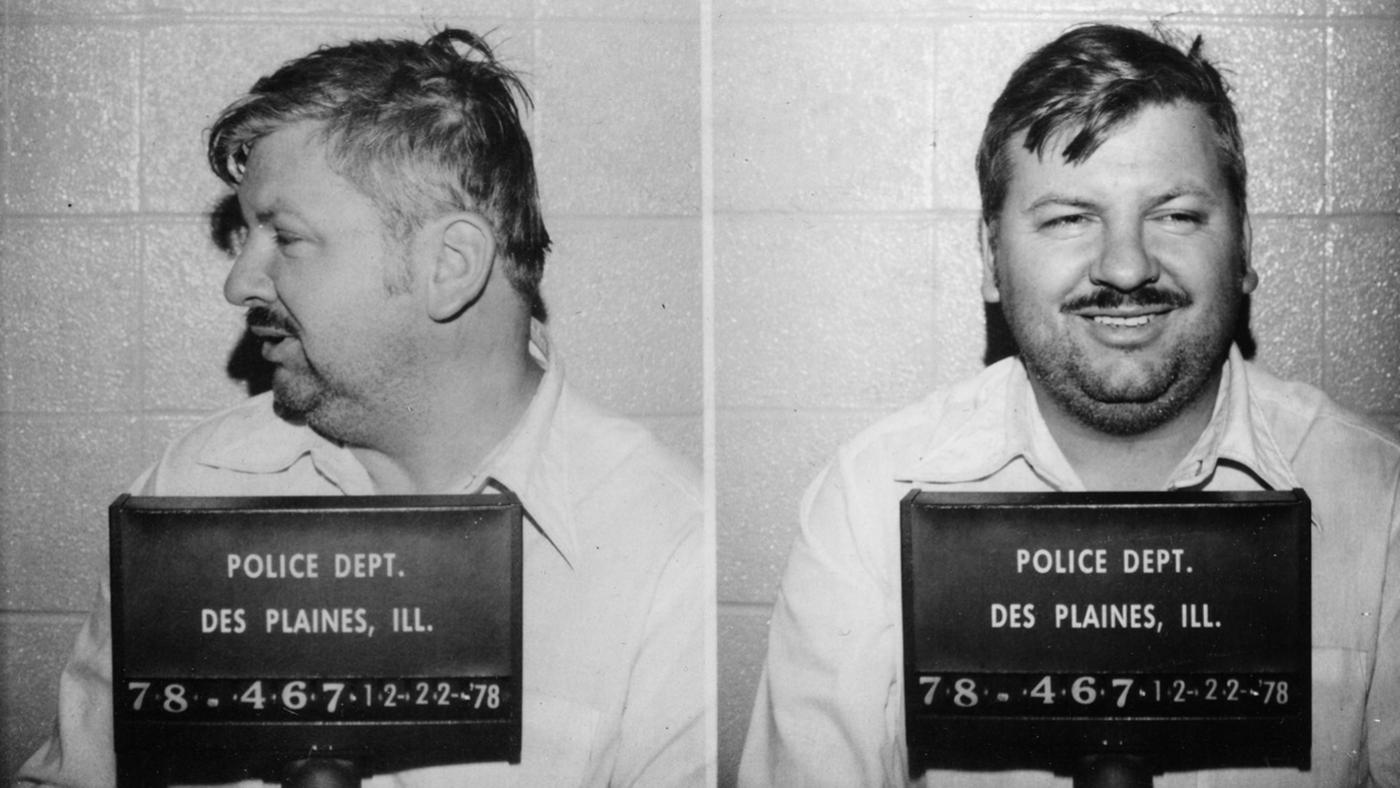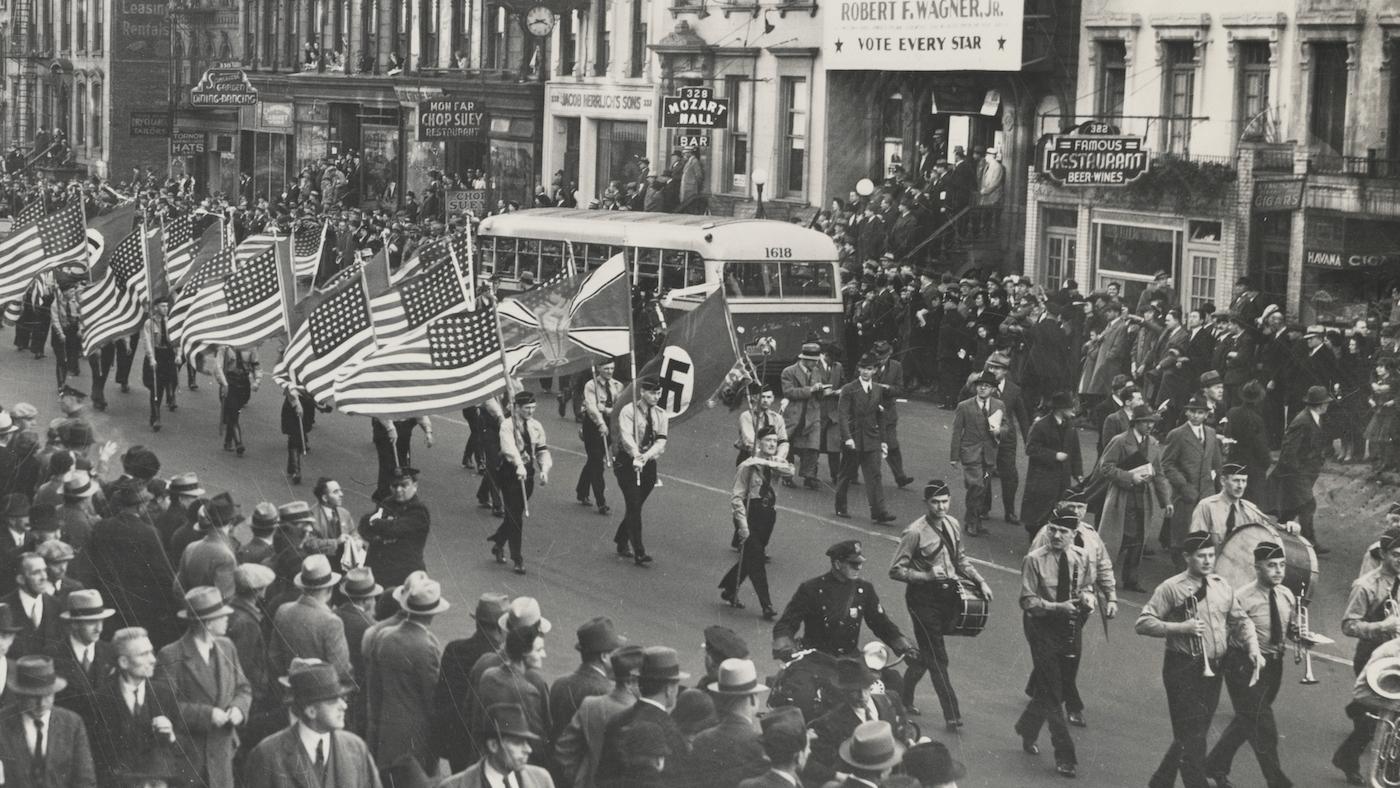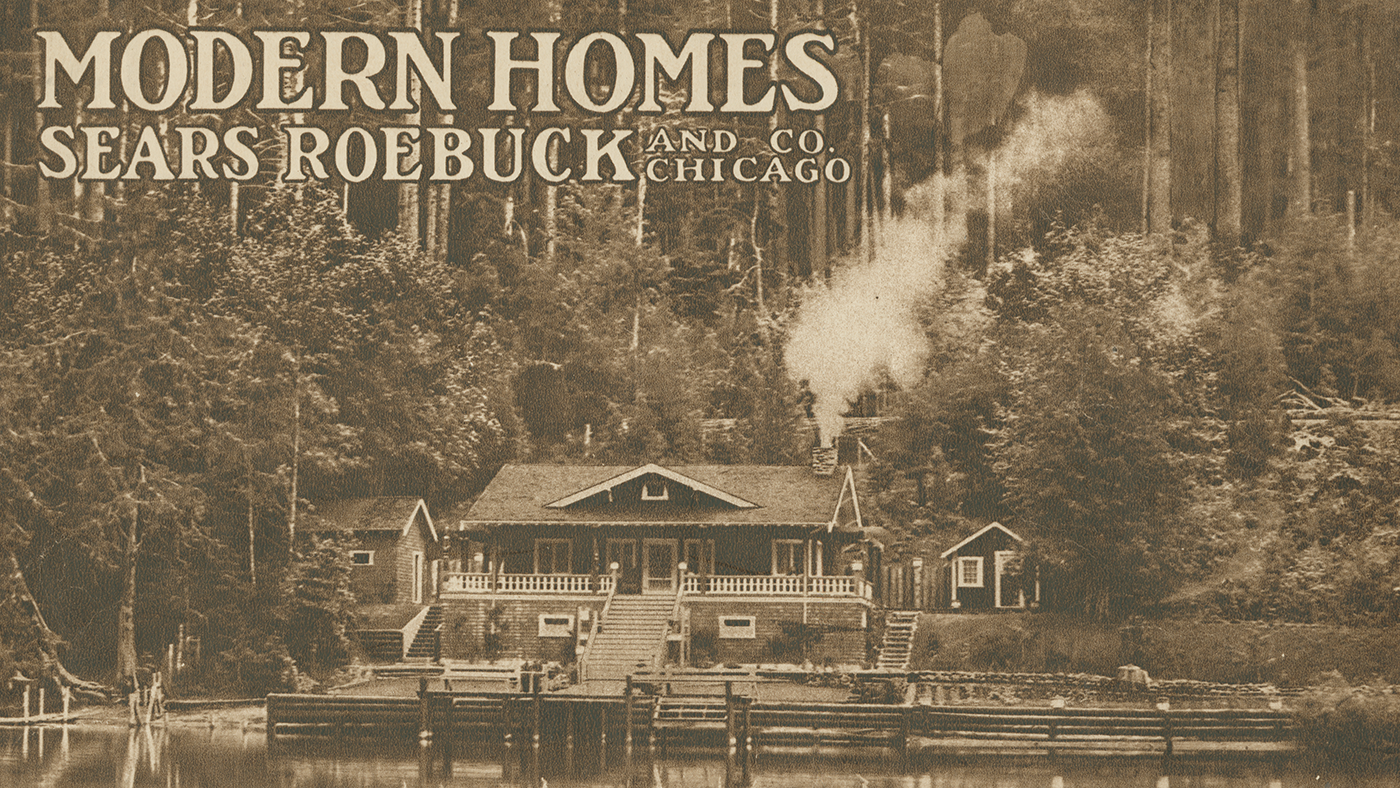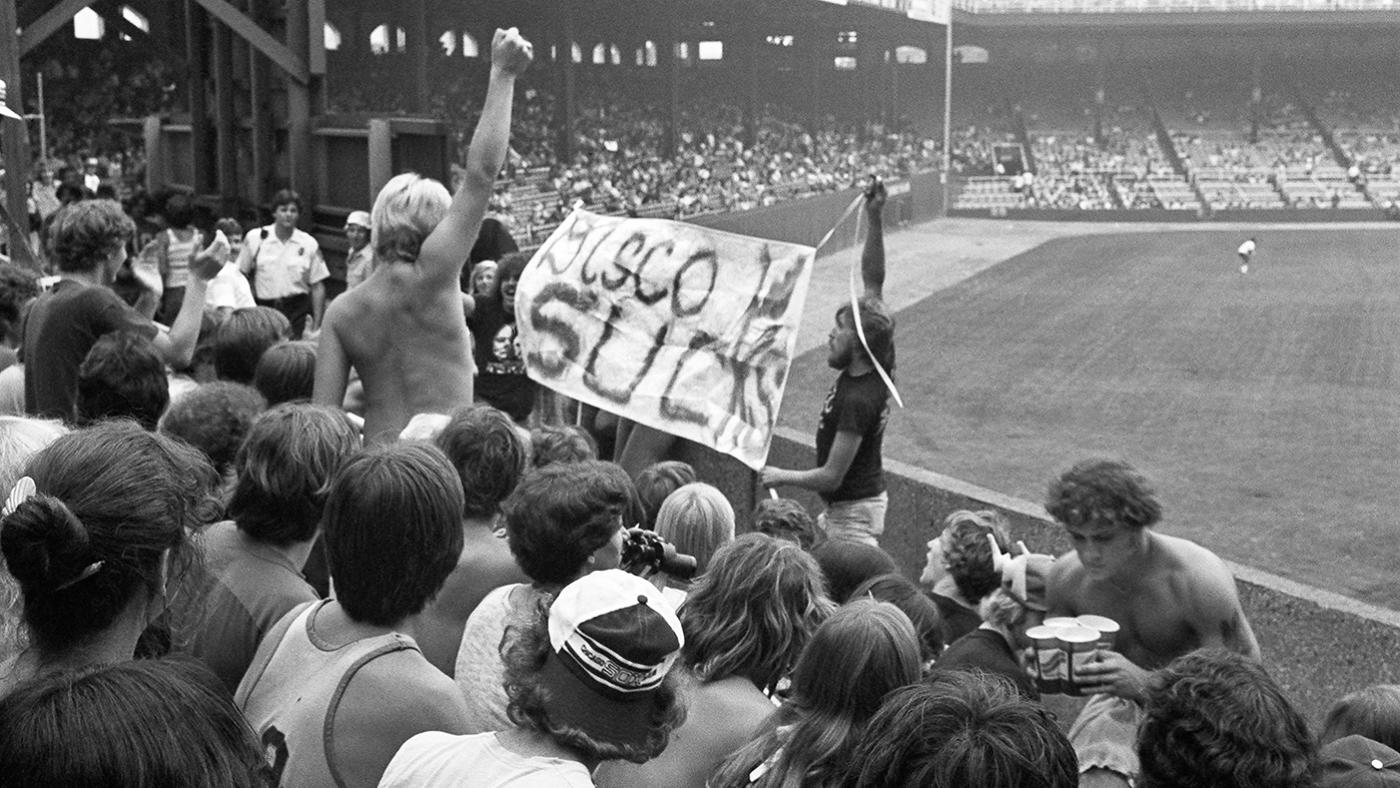A Look Back at an Important House Music DJ as the Chicago House Music Festival Hits
Daniel Hautzinger
June 22, 2023
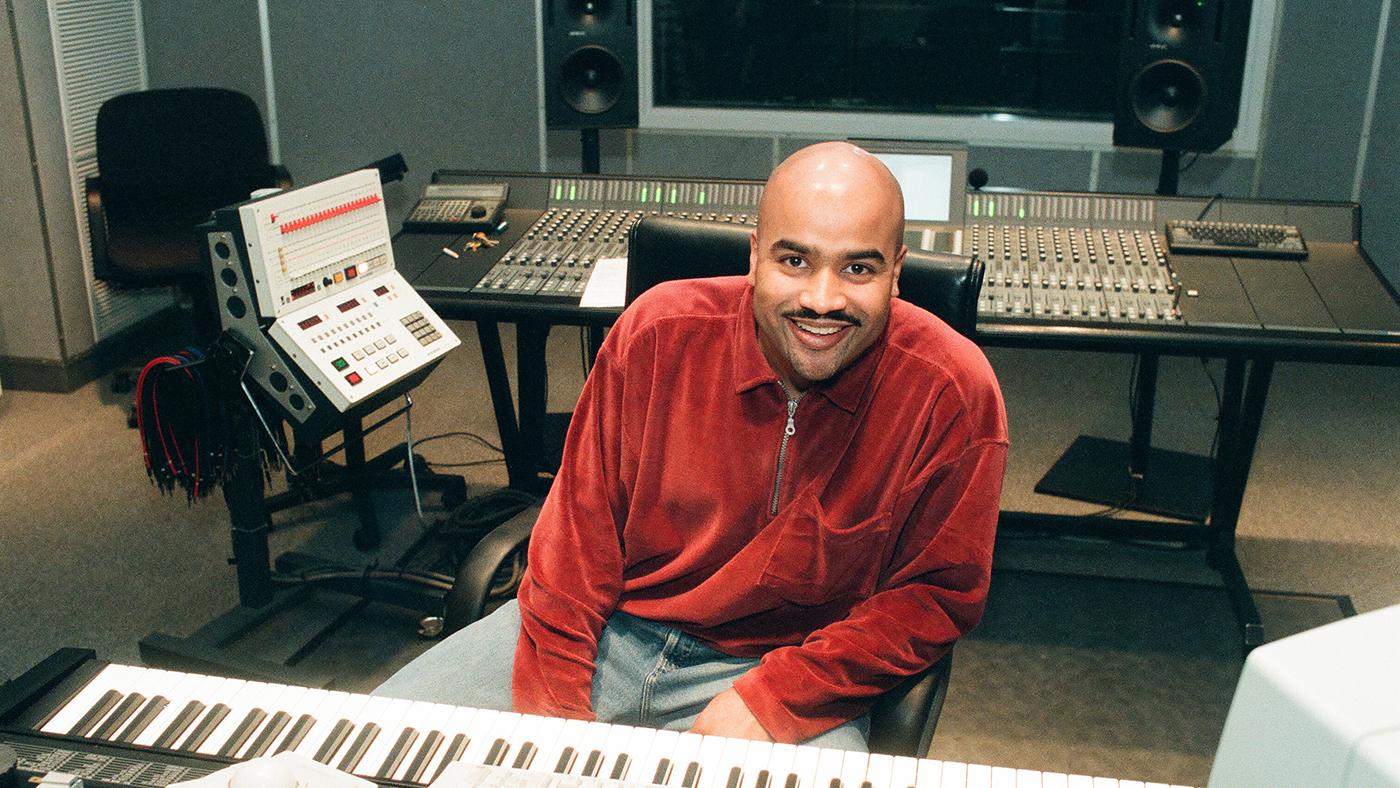
Chicago has long been a mecca of music, especially Black music: the city is the birthplace of gospel, pioneered a style of electric blues, incubated avant-garde jazz musicians, and is where house music was invented. All of these genres have a free summer festival devoted to them, and the next one up is the Chicago House Music Festival, which takes place in Humboldt Park on June 24 alongside Taste of Chicago Humboldt Park and is preceded by a House Music Conference at the Chicago Cultural Center on June 23.
House music, a style of dance music that came out of clubs, basements, and lofts on the South and West Sides of Chicago in the late 1970s and early 1980s, takes its name from The Warehouse, a popular club that opened on the West Side in 1977 and featured the influential DJ Frankie Knuckles before closing in 1982. The Warehouse just became a Chicago landmark.
But Knuckles, who died in 2014, wasn't the only important DJ in Chicago's early house scene. Chicago native Steve "Silk" Hurley, pictured at Hinge Studios in River North in 1996, began his career as a DJ at the South Side club Sauer's. (Hinge Studios has since moved to California.) As one half of J.M. Silk, he had some hits, such as "I Can't Turn Around," and helped introduce house to the UK as a solo artist with his hit "Jack Your Body." He also did remixes for stars such as Madonna and Michael Jackson, and continued to DJ in the Chicago area, including at The Chosen Few dance festival.
"The history of house music would be incomplete without" Hurley, Leor Galil wrote in The Chicago Reader. It's a history that continues to receive more and more attention and recognition.

